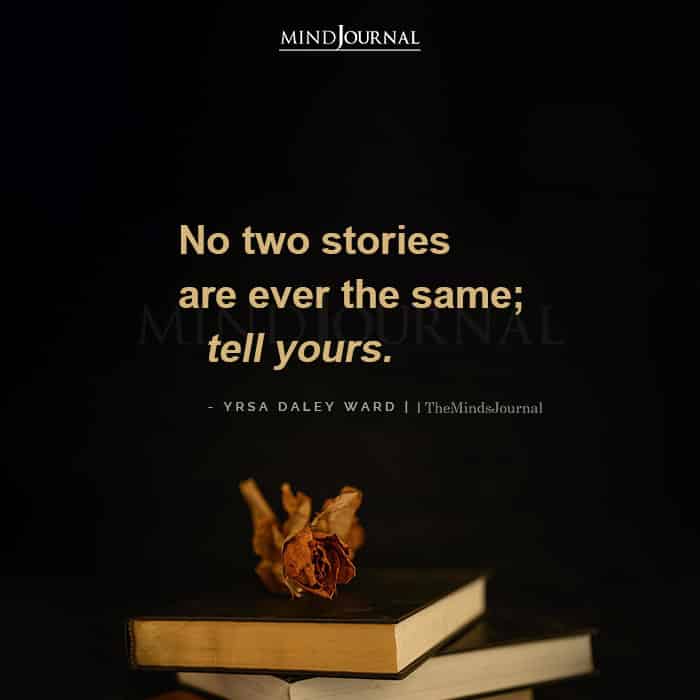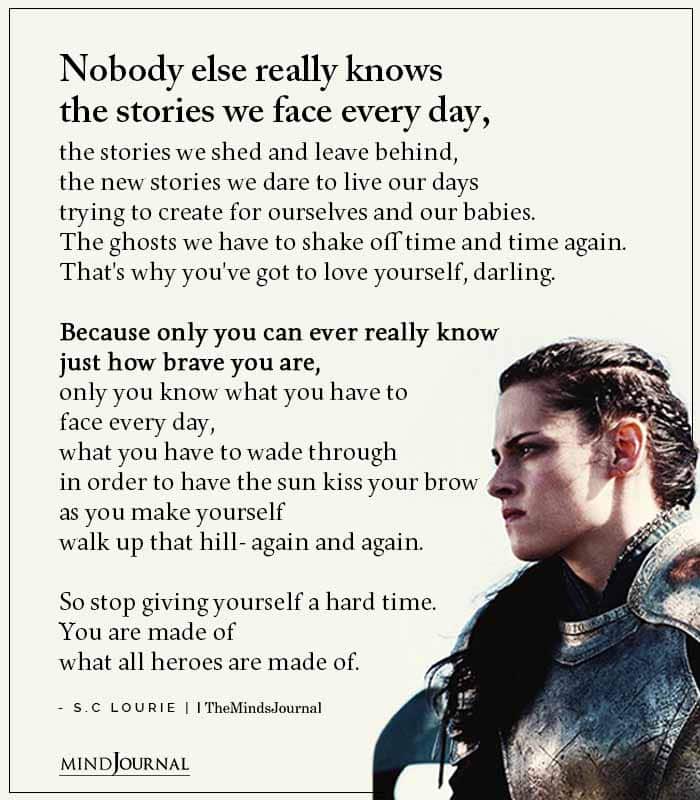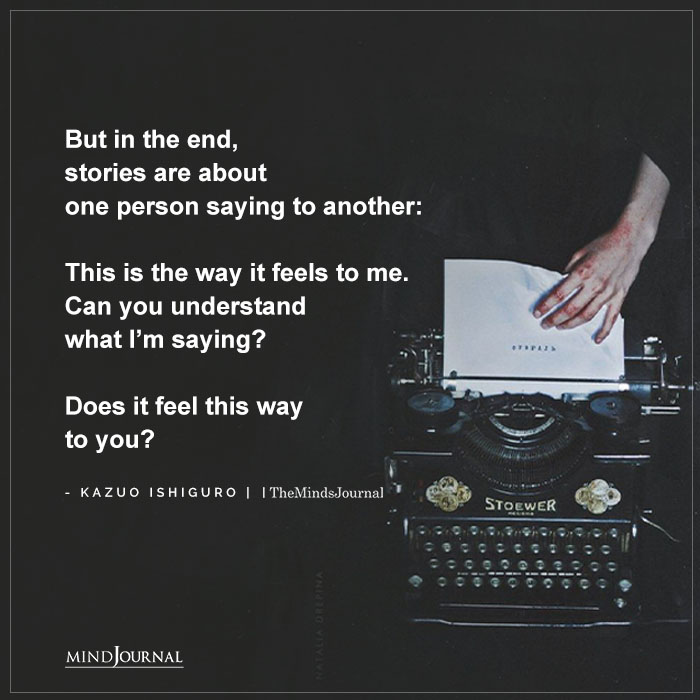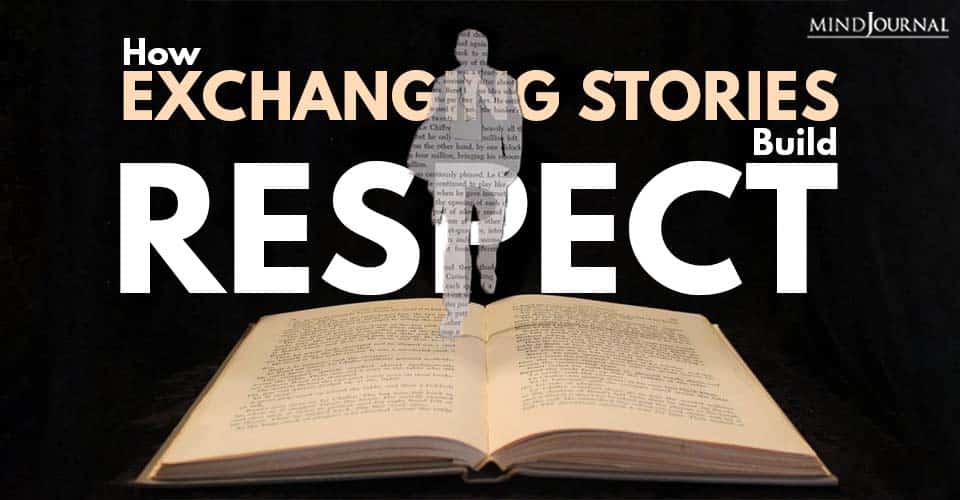Stories help us understand the variety of human experiences.
A picture is worth a thousand words – especially when that picture tells a story. A picture that inspires heartbreak, awe, sorrow, or joy is compelling because, as humans, we see the story behind it.
Pictures, like stories, give us a glimpse into other ways of being, other ways of knowing. And it through this connection that we create empathy and community both with others who are similar to us and, importantly, we also learn to empathize and create community with those who may be different than us.
This is the premise of Narrative4, an organization led by educators and artists, but driven by students. As they state, their “core methodology, the story exchange, is designed to help students understand that their voices, stories, actions and lives matter, and that they have the power to change, rebuild and revolutionize systems.”

The story exchange process is simple:
Two people, perhaps from very different backgrounds, sit down together and exchange a story about who they are. Then, each tells the other’s story to a larger group. That each member of the pair must tell the other’s story inspires listening deeply, one of the critical components of how stories change lives – it is not just our stories that matter but our understanding of others’ stories that help us comprehend the variety of human experiences, the depth of human connection, and leads to bridging divides and creating connections.
Narrative4 works with families, communities and in the schools, developing and sharing their story exchange programming and I am proud that I am working with them on developing some materials for high school programs. Research from the Family Narratives Lab at Emory University underscores the importance of stories for creating a shared history and world-view, and provides a springboard for individual growth and resilience.
Read Why Do Certain People Drive You Crazy? How Behavioral Styles Impact Our Perceptions
Can something as simple as exchanging stories really work?
New research by Emily Kubin and her colleagues provides empirical evidence that it does. This group of political scientists asked what kind of information may lead to greater respect for people and positions on each side of controversial issues, such as gun control or immigration. Across 15 studies, using multiple methodologies, they compared what was most effective in increasing respect for those who disagree with one’s own position.
Facts and figures do increase respect, but stories do so even more.
When someone hears a personal story from someone who disagrees with them on a controversial issue, they respond with a heightened level of respect. Interestingly, a particular kind of story was most effective: a story in which the narrator experienced some psychological or physical harm.
Stories of harm, both of being harmed and harming someone else, are a special type of personal story; they express both vulnerability and, sometimes, guilt or shame. These kinds of raw emotions may lead to more compassion on the part of the listener, and thus more empathy.

Monisha Pasupathi and Cecilia Wainryb have found that these kinds of transgression experiences, experiences in which someone is harmed, pose particular challenges to our concept of who we are; when we are harmed, and maybe especially when we harm someone, it conflicts with our understanding of ourself and of the world, and as we struggle to make sense of such events, our self-understanding becomes more nuanced and complex. Telling stories of transgression ignites personal growth.
Read 10 Useful Tips For Emotional Problem Solving
The same happens for listeners; in the Family Narratives Lab, we asked adolescents to tell us a story they know about when their mother or father was young and experienced some harm or harmed someone. About 85% of the adolescents we asked were able to tell such a story, indicating that parents are sharing these vulnerabilities with their adolescent children.
In addition, those adolescents who explicitly included a moral lesson in these stories (e.g., “It is important to stand up to bullies” or “It is not okay to lie to others even when it is the easier thing to do”) showed higher levels of well-being, and a sense of autonomy, mastery, and meaning and purpose in life. So when we share these kinds of transgression stories with others, we invite ourselves and them to reflect on our morals and our values in new ways.

We are facing challenging times on so many fronts right now. Perhaps it is time for us to sit down with someone with whom we may disagree and share some stories? We may not change our minds but perhaps we can develop more respect for each other despite our differences, or even find we have more in common than we realize.
References 1. Kubin, E., Puryear, C., Schein, C. & Gray, K. (2021) Personal experiences bridge moral and political divides better than facts. Proceedings of the National Academy of Sciences, 118 (6) 2. Pasupathi, M., & Wainryb, C. (2010). Developing moral agency through narrative. Human Development, 53(2), 55-80. 3. Merrill, N., Srinivas, E., & Fivush, R. (2017). Personal and intergenerational narratives of transgression and pride in emerging adulthood: Links to gender and well‐being. Applied Cognitive Psychology, 31(2), 119-127.
Written by: Robyn Fivush, Ph.D Originally appeared on: Psychology Today Republished with permission










Leave a Reply